Sharing is caring!
As an Amazon Associate we earn from qualifying purchases made on our website. If you make a purchase through links from this website, we may get a small share of the sale from Amazon and other similar affiliate programs.
Have you ever tried to lift a tire? If yes, you must have realized that tires are quite heavy. Thus, how much does a tire weigh? This guide has the answer.
The weight of a tire mostly depends on its type and size. Large truck tires can weigh approximately 30 to 80 pounds, while smaller car tires would weigh about 20 to 22 pounds. However, the tire quality, material used in the construction, and application will significantly determine its weight.
This guide will look at several factors that will affect a tire’s weight. We will also take you through the average weight of common tires available in the market.
Let’s get to it.
The type of tire will significantly affect its general weight. The large tire size will naturally weigh more than the compact passenger tire.
It is not a big task to notice how tires stack up by weight compared to each other. Normally, the smaller the tire, the less the weight.
The most significant factor that influences the tire weight is the size. There are several facets of the tire size. To start with, you must consider the diameter of your tire. The diameter will affect the volume, which affects the weight. It also indicates how much material should be used, which makes the tire heavier.
You should also compare the tire width. It is scientifically proven that wider tires use more material and hold more pressure, resulting in higher weight.
A normal tire comes with different components such as the tire tread, the casing, and the belt system.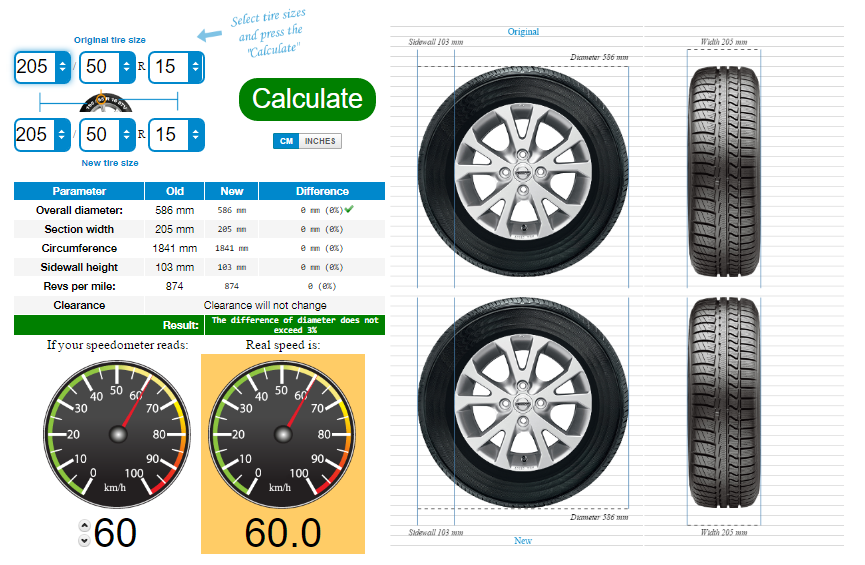 Since most of the materials used are the same in most manufacturing plants, there are some minor differences according to the type and use of the tire.
Since most of the materials used are the same in most manufacturing plants, there are some minor differences according to the type and use of the tire.
For instance, the mud or all-terrain tire comes with chunky tread blocks compared with a regular passenger tire. Though these two tires could be the same size, the passenger tire will be lighter than the all-terrain tire.
Also, a premium tire could weigh more than all. It comes with additional layers of rubber than a pocket-friendly tire. Likewise, the premium tire weighs more than a cheaper tire of the same type or size. This will translate to a higher price.
As mentioned before, a tire type significantly affects its weight. Let’s look at different types of tires and how much they weigh.
| Vehicle Tire Type | Average Weight |
| Passenger Car Tires | 27 lbs (12 kg) |
| Trailer Tires | 15.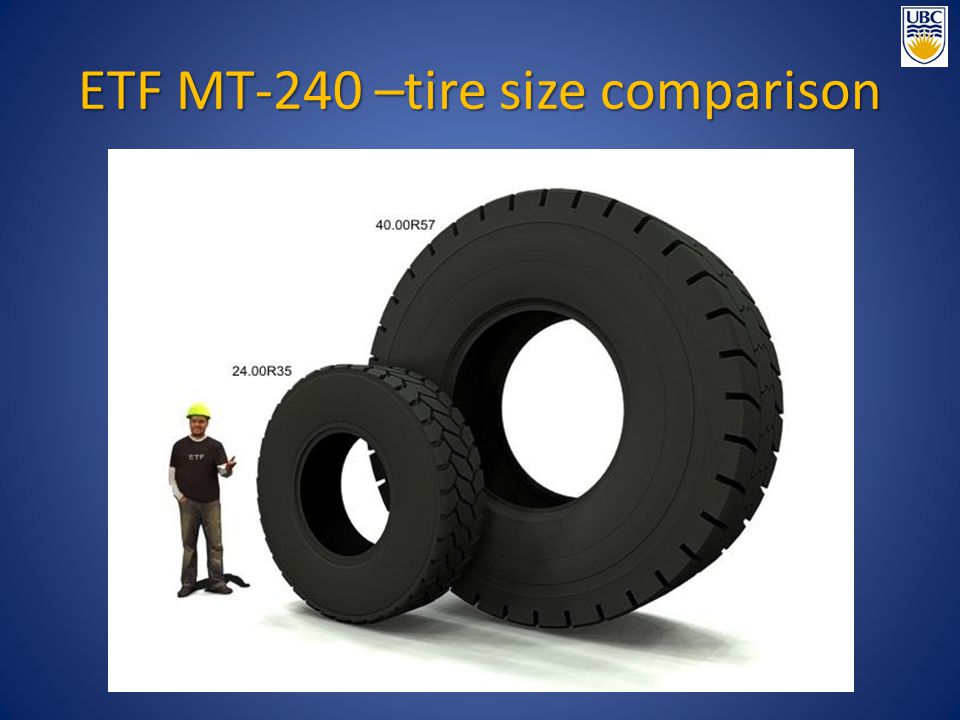 5 lbs (7 kg) 5 lbs (7 kg) |
| Light Truck and SUV Tires | 48 lbs (22 kg) |
| Farm and Tractor Tires | 34 lbs (15 kg) |
| Commercial Van/Truck Tires | 115 lbs (52 kg) |
| ATV Tires | 23 lbs (10.4 kg) |
| Motorcycle Tires | 30 lbs (14 kg) |
| RV/Motorhome Tires | 71 lbs (32 kg) |
| Lawn Mower Tires | 5.6 lbs (2.5 kg) |
| Golf Cart Tires | 10 lbs (4.5 kg) |
| Car Tire Type | Average Weight of a Car Tire |
| Winter | 23 Lbs / 10.4 Kg |
| Summer | 19 Lbs / 8.61 Kg |
| All-Season | 20 Lbs / 9.07 Kg |
| All-Terrain | 34 Lbs / 15.4 Kg |
| Off-Road | 44 Lbs / 19.9 Kg |
| Performance | 20 Lbs / 9.07 Kg |
| Studded | 40 Lbs / 18.1 Kg |
There are a number of different types of passenger cars available with different wheel sizes.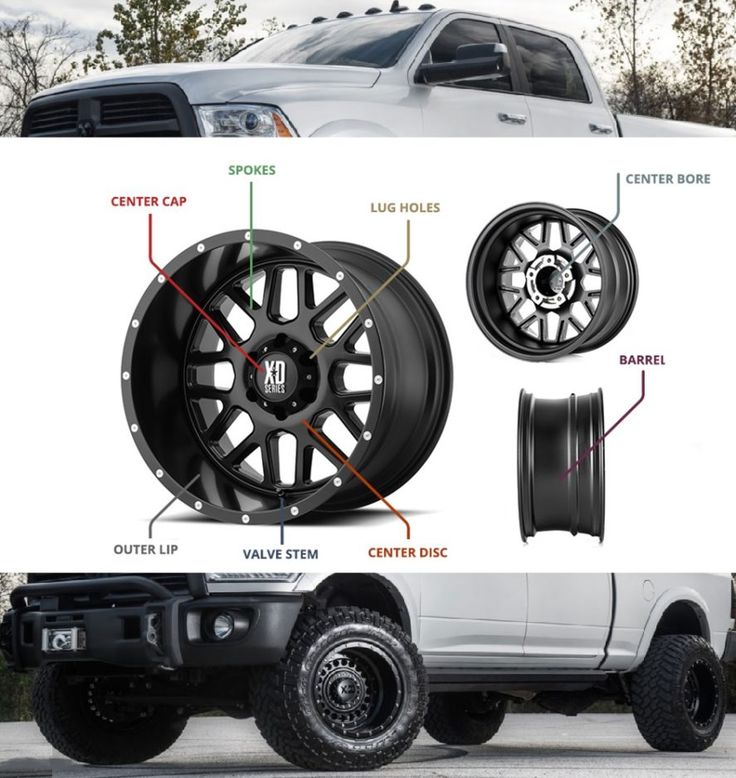 On average, car tire sizes vary from 13 inches to 20 inches.
On average, car tire sizes vary from 13 inches to 20 inches.
As stated above, tire size is one of the major factors that determine the weight of a tire. Most passenger car tires weigh between 14 pounds to 22 pounds on average.
Obviously, the bigger the tire, the higher the weight and vice versa. For example, a small passenger car with a 13-inch tire would weigh about 14 pounds, while an SUV with a 20-inch tire would weigh about 22 pounds.
ATVs come with tires that can withstand rough surfaces. Because of this, they are designed to withstand uneven terrain and more obstacles.
On average, the all-terrain vehicle tires weigh between 20 and 40 pounds. Additionally, the UTV uses the same type of tires.
A trailer tire should be able to sustain the weight of whatever you are transporting. According to the size of your trailer, a single tire should weigh anywhere around 10 pounds.
Just like any other heavy vehicle, a trailer holds a different number of tires. If your trailer has two axles with dual-tire hubs, it will hold a maximum of eight tires.
Obviously, a commercial truck tire should weigh more than a normal pickup truck. These vehicles carry heavy weight loads, and this necessitates large and heavier tires than the average ones. Such tires should also offer the ability to haul and tow.
On average, a commercial truck weighs around 100 pounds and 250 pounds. Like other types, lighter and heavier trucks exist in certain situations.
Just like the passenger car tire, the truck or SUV tire has different sizes. For a light-duty truck, the tire should be able to support regular transportation and towing. However, such tires can also be used on similar SUV models. Because of this, most tires lie between 17 inches and 20 inches.
A truck or SUV tire should weigh between 45 pounds and 100 pounds on average.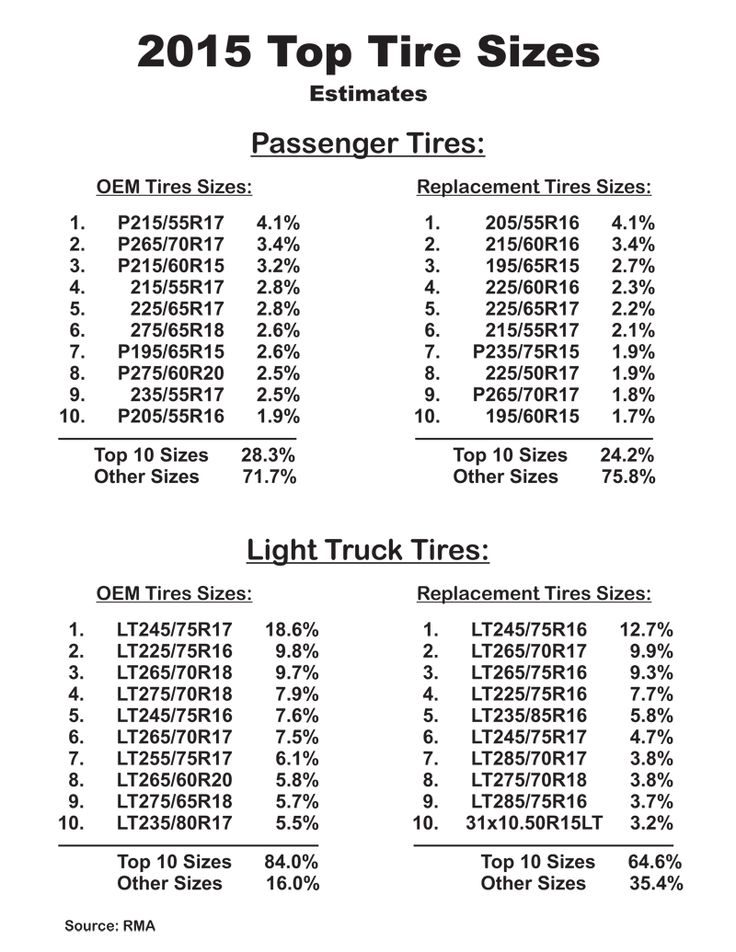 But some weigh less or more.
But some weigh less or more.
Farm and tractor tires come in a wide variety, according to your equipment type. These tires should be strong enough to handle all types of surfaces, and else the owner will not be able to get to crops or complete the tough tasks that are ahead.
For this reason, farm and tractor tires have different weight ratings. Some weigh up to hundreds of pounds, while others can weigh as low as 30 pounds.
A motorcycle tire should be lighter than a passenger car. Therefore, it is essential to maintain such weight to a minimum, and that is why motorcycles use more lightweight tires.
A motorcycle tire should weigh around 8 pounds to 30 pounds on average. Normally, the rear tires weigh more than the front tires.
A 16 inch ROH rim has a weight of about 34.17 pounds, and the tire weighs 25lbs.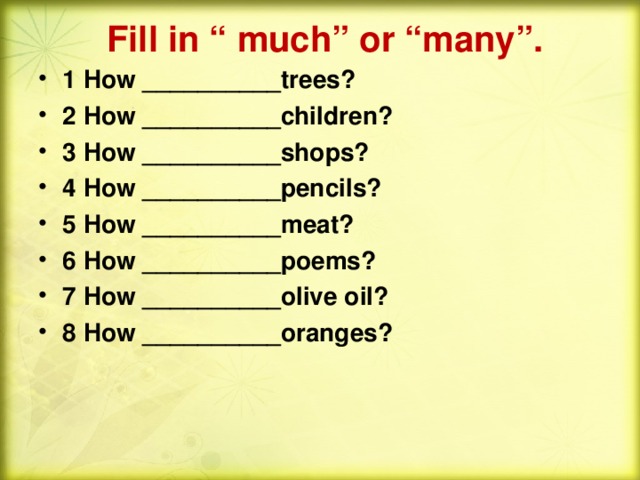 the weight may differ according to the brand that the tire and the rim belong to. Stock 4th generation SE rim weighs between 18-20 lbs, while the whole combination can weigh about 42-44 lbs.
the weight may differ according to the brand that the tire and the rim belong to. Stock 4th generation SE rim weighs between 18-20 lbs, while the whole combination can weigh about 42-44 lbs.
A tire and rim’s weight mainly depends on the material used in the construction, the shape (large or small), and its configuration.
Monster truck tires are the heaviest of all and weigh around 362kgs and 408kgs. This heavyweight is a result of the sheer size of the tires. Most of them are 43 inches wide and 66 inches high.
Several components that are combined to make tires significantly impact their weight. All these parts join to enhance the tire’s wear, traction, and handling. They also provide traction and cornering capabilities for the tire.
Such components are:
The tire tread: this is the topmost slab of the tire that is made of two components, the tread cap and the tread base.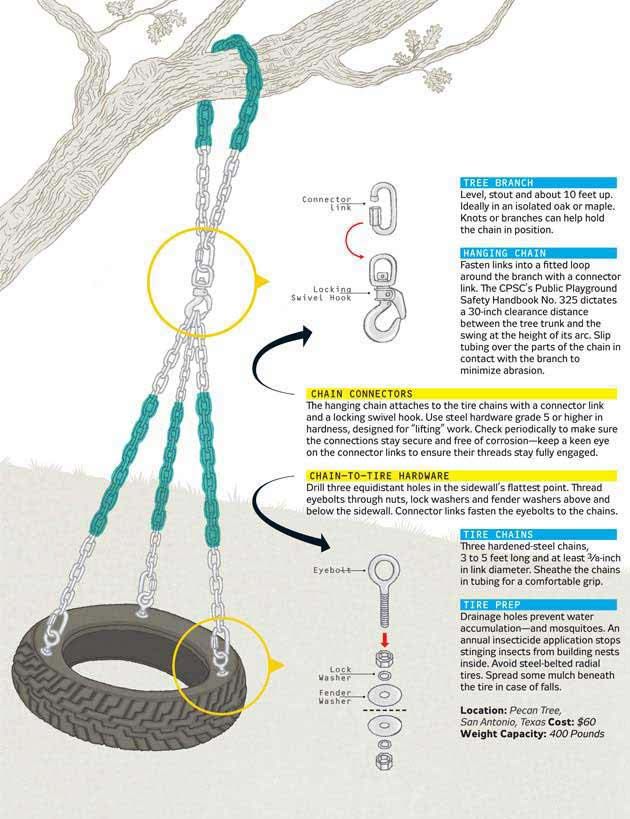 The tread cap is an abrasion-resistant material that is used to provide mileage and traction.
The tread cap is an abrasion-resistant material that is used to provide mileage and traction.
Tire Casing: the tire casing is also known as the body of the tire and comprises several components such as the inner liner (which seals the air inside the tire tube), bead (which connects the tire to the wheel), sidewall (which is responsible for providing the tire weather resistance), and body ply (which improves the strength of the tire rubber).
Belt System: the belt system is found at the top of the casing and conveys stability to the tread part of the tire. It also plays a significant role in tire handling, wear, and traction. Most tire industries use steel to make the belt system. This is because steel improves the strength of the treat part without subjecting it to a lot of weight.
A tire’s weight depends on the type of tire you have on your car. If you drive a heavy-duty track, then the tires on your truck will be heavier than someone who drives a passenger car, even if the tires are of the same size.
On average, commonly found tires on the market have a weight range of between 20 pounds to 300 pounds. However, special tires like those used in monster trucks weigh up to 900 pounds. Such tires enjoy a small share in the market.
Niklas
Hi, my name is Niklas, the head content creator & CEO of Whirling Wheelz. I am very interested in vehicles of all kinds, mainly cars. I have a car mechanics degree from high school and a big hobby of mine is to follow the WRC (World Rally Championship) both online and through travel.
If you’ve ever lifted a tire, you may have noticed that tires are quite heavy. So, how much do tires weigh? This article has the answers.
A tire’s weight is dependent on its size and type. Smaller, passenger car tires weigh approximately 20 to 22 pounds while larger truck tires weigh around 30 to 80 pounds. However, the materials used, quality of the tire and application will also determine the weight.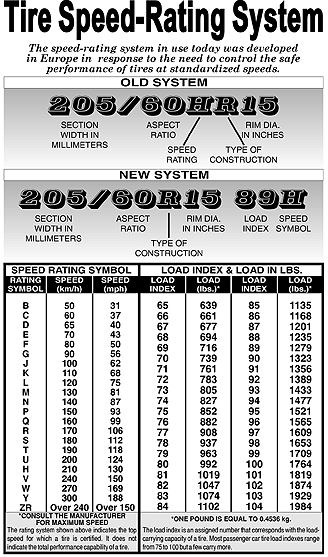
In this article, we will take a closer look at the different factors that affect a tire’s weight. We will also walk you through the average weight of the different tires on the market. By the time you finish reading this article, you will have an answer as to how much tires weigh.
We are committed to publishing well-researched, informative, up-to-date and relevant articles. And this is made possible by our team of content creators, comprising certified tire specialists, seasoned researchers, and experienced journalists. So, whenever you are reading a tire article or review on our site, you can rest assured the information is credible.
The average weight of a tire will depend on various factors. It will depend on the materials used, the type, quality and size, since different vehicles use different tire types and variations.
A standard tire features different components like the tire casing, the belt system, and the tread.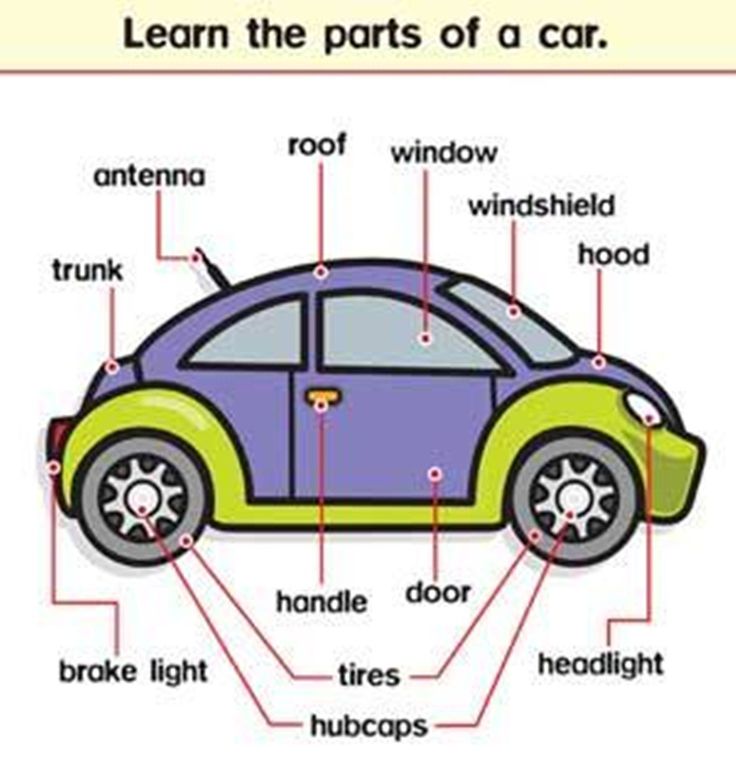 While most of the materials used in these components are standard across the industry, there are some slight variations, depending on the type and application of the tire.
While most of the materials used in these components are standard across the industry, there are some slight variations, depending on the type and application of the tire.
For example, an all-terrain tire or mud-terrain tire will come with chunkier tread blocks, compared with an all-season tire. Hence, while the two tires may be of the same size, the mud-terrain tire will be heavier than the all-season tire.
At the same time, a premium, high-quality tire may come with more rubber layers, compared to a budget tire. Similarly, you can expect the premium tire to weigh more than the budget tire, as much as they may be of the same size or type.
As noted above, a tire’s weight will also depend on the type. Let’s take a closer look at the different types of tires on the market as well as how much they weigh.
There are hundreds of different models of passenger cars on the market today. And these different cars come with varying wheel sizes. On average, wheel sizes in this category range between 13 inches and 20 inches.
On average, wheel sizes in this category range between 13 inches and 20 inches.
And as mentioned above, one of the factors, size is one of the factors that determine a tire's weight. On average, most of the tires in this category weigh between 14 pounds to 22 pounds.
As you may expect, the smaller the tire, the smaller the weight and vice versa. For instance, a small city car will have a 13-inch tire, weighing approximately 14 pounds while a large sports car or an SUV will have a 20-inch tire, weighing around 22 pounds.
Similar to passenger car tires, truck tires also come in different sizes, depending on the type of truck. For trucks, you can categorize them into light-duty truck tires and commercial truck tires.
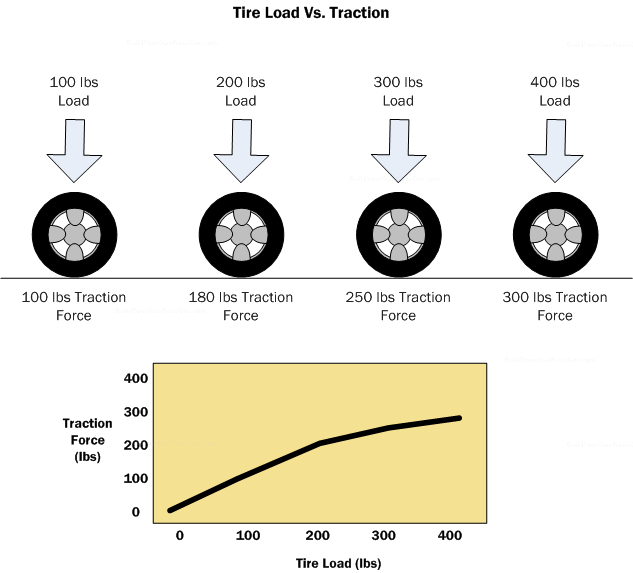 Tires for these vehicles range between 17 inches to 24 inches. Most light-duty truck tires weigh around 66 pounds while some can come with weights of up to 170 pounds depending on the size.
Tires for these vehicles range between 17 inches to 24 inches. Most light-duty truck tires weigh around 66 pounds while some can come with weights of up to 170 pounds depending on the size.Besides passenger tires and truck tires, the tire market is also filled with various types of specialty tires. Such tires include RV tires, tractor tires, trailer tires, ATV tires, and farm equipment tires, among others.
Tires in this category weigh between 6 pounds to 250 pounds. Again, the weight will depend on the size of the tire, the type and application. For instance, a lawn more tire will weigh around 5.5 pounds while a tractor tire will come with a weight of approximately 253 pounds.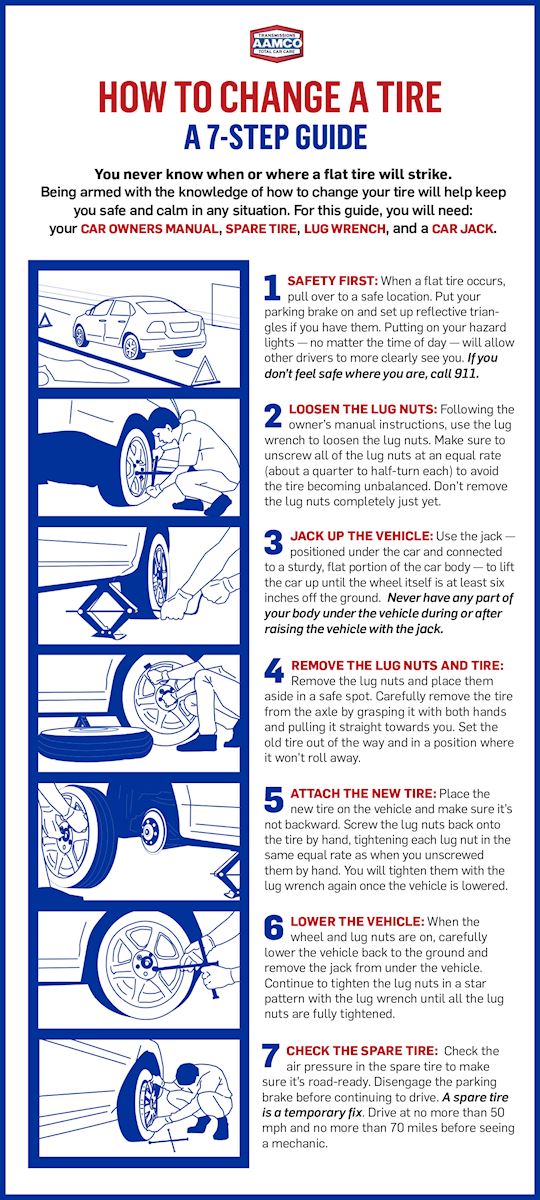
Farm tires and tractor tires weigh between 200 pounds to 400 pounds while ATV tires typically weigh approximately 35 pounds to 70 lbs. Most of the golf car tires on the market weigh around 10 pounds while a standard motorcycle tire will weigh around 30 lbs.
Monster truck tires are the heaviest in the market. These tires are specifically built for heavy-duty hauling and towing. Hence, they should be sturdy enough to handle extreme loads without blowing.
Most of the tires in this category measure approximately 43 inches wide and up to 66 inches high. Hence, you will have a tire that is approximately 4 feet wide and 6 feet high, thus the name.
So, how much do monster truck tires weigh? On average, these tires weigh around 800 pounds to 900 pounds. As you can see, there’s quite a significant difference in weight between these tires and ordinary truck tires.
A tire’s weight will depend on the tire you have on your vehicle. If you drive a passenger car, then the tires on your vehicle will be lighter than someone who drives a heavy-duty truck.
If you drive a passenger car, then the tires on your vehicle will be lighter than someone who drives a heavy-duty truck.
On the same note, if your vehicle has a set of mud terrain tires, they will be heavier than someone whose vehicle has performance tires, as much as the two tires may be of the same size.
On average, most of the tires on the market weigh between 20 pounds to 300 pounds. Specialty tires such as those used in monster trucks can weigh up to 900 pounds. But, their market share is considerably small.
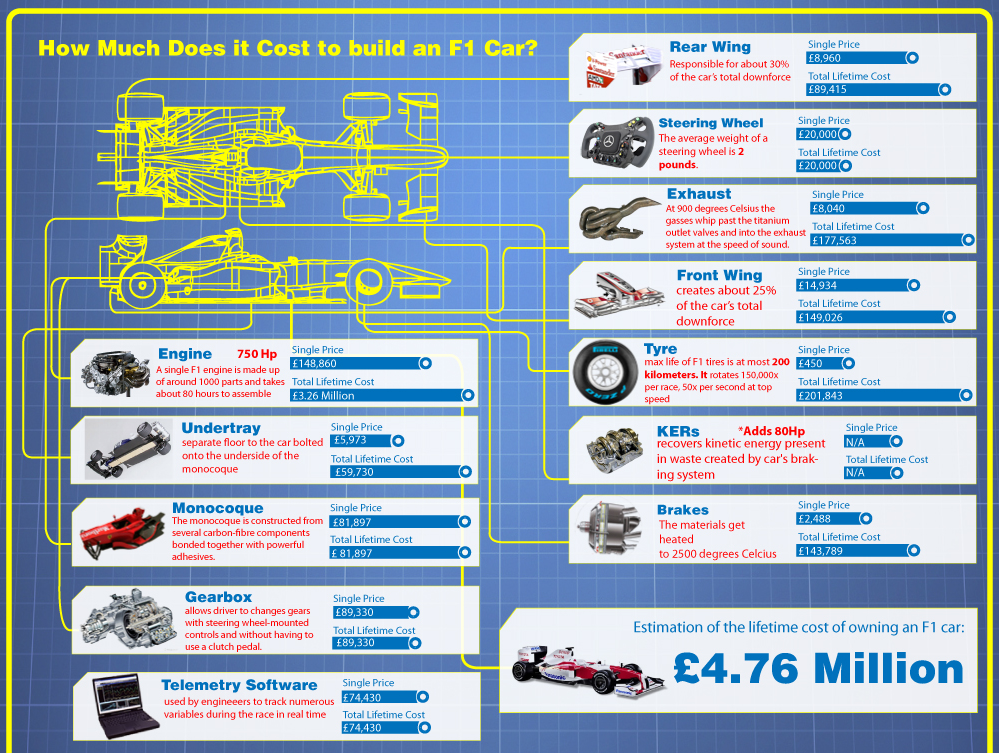
It is obvious that buyers who travel by "budget" cars generally prefer inexpensive but reliable tires in the first place. While owners of powerful and expensive cars want to get the highest quality traction at high speeds, handling and comfort. The price for this category of buyers does not play a decisive role.
The paradox lies in the fact that it is impossible to make a tire that will be soft and comfortable and at the same time have a long mileage resource. Or a fast, soft and durable tire. One excludes the other… High mileage is not compatible with comfort, and the “sportiness” of a tire is not compatible with low fuel consumption. To balance all these parameters, and even taking into account the price, subject to the highest level of competition, is not an easy task.
One of the important factors affecting the quality and cost of a tire is the weight of the tire. Manufacturers do not indicate this parameter in any way, although it is quite important for the consumer.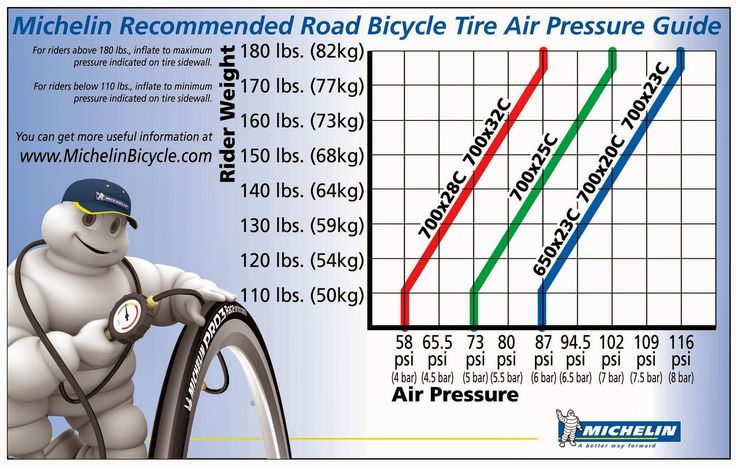 Why is it important? The lighter the tire, the better the handling and comfort, the lower the fuel consumption and the load on the suspension parts (due to the reduction of “unsprung” masses). It would seem that the less the tire weighs, the better it is!
Why is it important? The lighter the tire, the better the handling and comfort, the lower the fuel consumption and the load on the suspension parts (due to the reduction of “unsprung” masses). It would seem that the less the tire weighs, the better it is!
However, there is another side of the coin. The mass of a tire directly depends on the mass of its carcass, i.e. cord. And the latter, in turn, is responsible for the strength of the tire. When a car is moving, tires experience high dynamic loads, millions of deformation cycles and, as a result, temperature changes. If there were no strong reinforcement in the form of a cord, the use of tires would be impossible. And if we take into account the quality of the coating on our roads, then the durability of the tire becomes of paramount importance. What's the use of a wheel that has another 6-7 mm. tread, but at the same time cord breaks in the form of bumps on the sidewall? Hitting a small pothole at high speed can be very expensive!
Thus, a low tire weight is no longer unambiguously better than a large one! It all depends on the material from which the frame is made.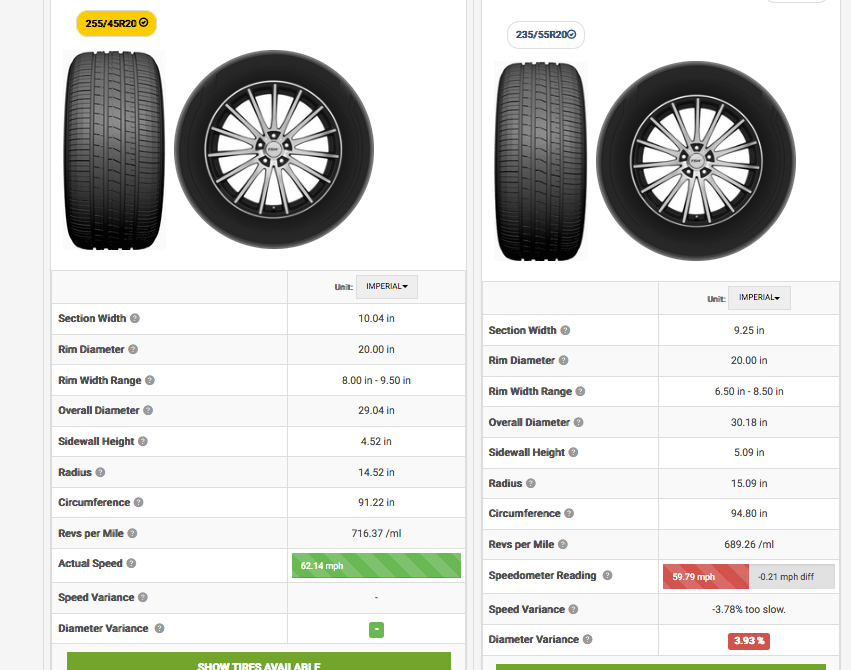 The stronger and lighter it is, the better. Now most car tire manufacturers use exactly the same material for the production of cord threads - synthetic nylon or nylon. Therefore, it cannot be argued that the greater weight of the tire indicates its poor quality.
The stronger and lighter it is, the better. Now most car tire manufacturers use exactly the same material for the production of cord threads - synthetic nylon or nylon. Therefore, it cannot be argued that the greater weight of the tire indicates its poor quality.
Conclusion: the very low weight of the tire may well be the result of resource savings in production, despite what the advertising leaflets say.
For information: the average weight of a tire in size 175/70R13 is 6.8-7.5 kg., 185/65R14 is 7.6-8.2 kg., 195/65R15 is 8.9-9.5 kg., 205 / 55R16 - 10-10.7 kg .... Established empirically.
Denis Piccolo - published on 04/21/2022

You've probably heard the statement, "The heavier the tire, the better the quality." Of course, mass and quality are connected, but everything is much more complicated. Today, BKT experts will explain this relationship and note the factors that affect tire mass.
Tire Weight Basics
The weight of a tractor tire, like any other off-road tire, depends on more than just tire size. With the same size, a tire designed for increased load capacity will be heavier, since it uses additional reinforcing elements.
BKT tyres, for example, feature a large amount of material in the bead. On the one hand, this slightly increases the mass, and on the other hand, it reduces the amount of damage to zero. In other words, with the added weight, you don't have to worry about fixing cracked tractor or loader tires.
A significant proportion of the mass of a tire is in the tread. In this case, other elements, such as belts, shoulder areas, sides and carcass, should be taken into account.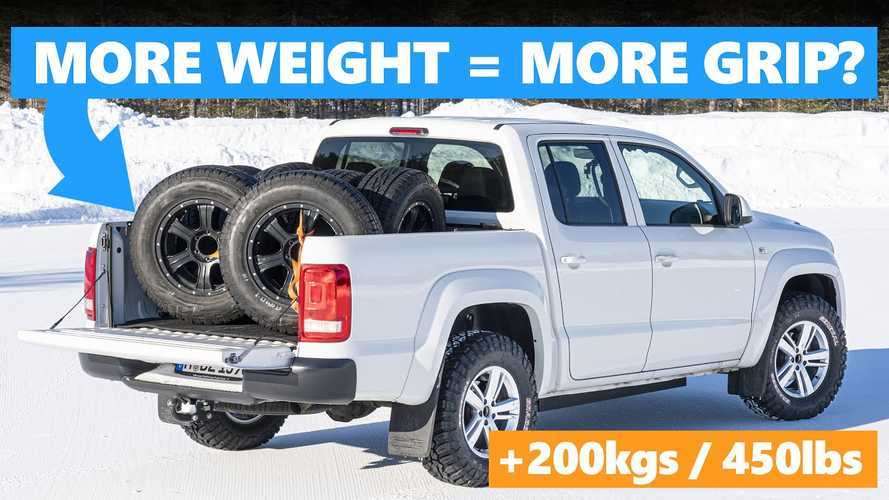 They are the ones that can be tested and improved during development to achieve the desired combination of performance and price.
They are the ones that can be tested and improved during development to achieve the desired combination of performance and price.
How much does a tire weigh on average?
Still want to know how much a tire weighs? It is likely that you often look at the weight table for off-road and agricultural tires. We'll satisfy your curiosity and tell you how much some of our best-selling models weigh, from light to heavy:
So similar but very different
AGRIMAX FORCE and AGRIMAX V-FLECTO tires in the same size 710/70 R 42 are BKT's most popular agricultural tires. The first model designed for tractors with engines over 250 hp. with., equipped with IF technology, and the second tire is designed for tractors of new generations and endowed with VF technology.
At the same time, the difference in the mass of these tires is insignificant: the first one weighs 347.4 kg, and the second - 340.84 kg.
Weight is the most important element
Choosing the right tire comes down to durability, speed index, self-cleaning and puncture resistance.